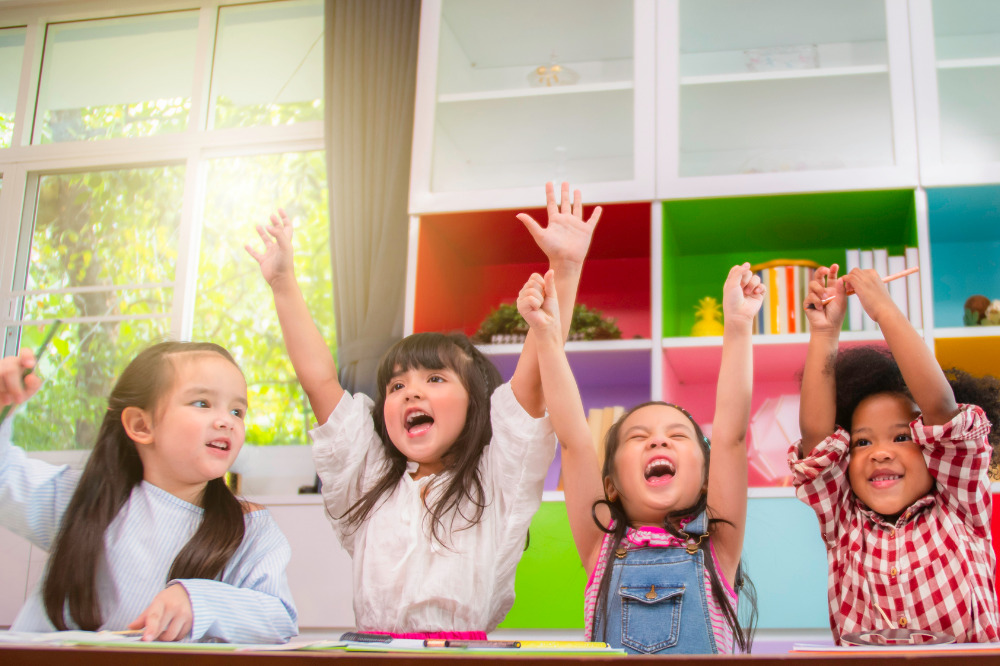
Amid the ongoing push to improve educational outcomes across Australia’s schools, there is growing recognition that focusing on student outcomes in the early years is key to achieving this.
The importance of pre-school or kindergarten can be seen in the Commonwealth’s continued funding contribution for Universal Access to Early Childhood Education to ensure all children have access in the year prior to school to a total of $3.2bn since 2014.
Universal Access ensures equitable participation for all children to 15 hours of education and care by a qualified teacher each week to prepare for their Foundation or Preparatory year of school. This can be delivered in an Early Childhood Education and Care setting, or in a School setting. In each of these settings, it is important to develop transition plans for children.
Preparation begins either on initial acceptance of enrolment in the setting, or when children enter these settings as siblings prior to transition to the pre-school or kindergarten.
Relationships formed with each family and young child entering the setting from birth can be considered part of the transition for preparation into the Pre-school or Kindergarten year.
According to Laurien Beane, Course Coordinator, Early Childhood and Primary Education at the Australian Catholic University’s National School of Education, focus should be made on establishing authentic relationships with families and engaging all family members to ensure they feel welcomed.
“Developing intentional plans to form strong partnerships and equitable participation for the local community assists to establish this,” Beane told The Educator.
“Ensuring authentic partnerships with families and communities also assists in development of young children to feel confident in their new environment in the kindergarten or pre-school, promoting possibilities to make friends”.
Beane said this confidence may be built through the use of transition days, staged entry, parent questionnaires and parent information sessions.
“Young children may come to visit the room they will attend with small groups of other new children,” she said.
“Parents can provide details to the teachers about their children’s interests which teachers can develop into play based learning materials for the children’s first day”.
Beane said this creates opportunities for children to make friends through cooperative play where they explore their curiosity, share, communicate, make connections with their world, and collaborate.
“Through staged entry, young children co-construct the development of their social skills using cooperative play with peers and their teacher in small groups, for shorter periods in the day,” she said.
“Teachers’ use the curriculum as their guide to assist children to play, learn and engage with a focus on care, empathy and respect for diversity - the foundations for friendship”.


